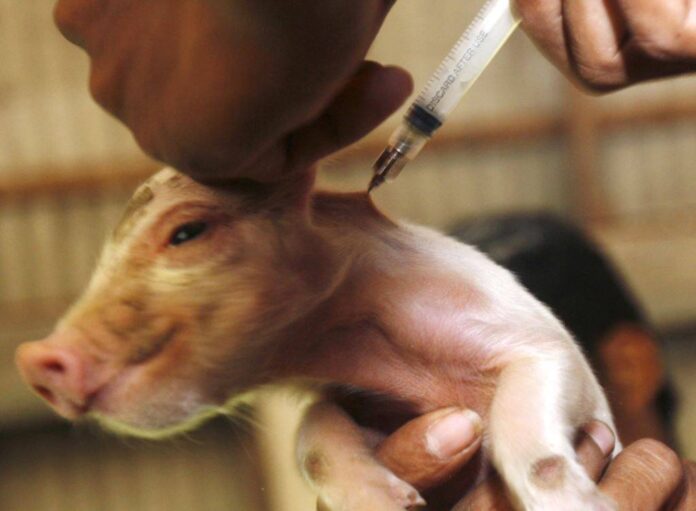The warning from Ginkgo Bioworks experts highlights the importance of monitoring and preventing zoonotic diseases, the threat of which they say is growing. Zoonoses are infectious diseases that can be transmitted from animals to people, usually through direct contact or through vectors such as mosquitoes or ticks. They make up the majority of new and existing human diseases, including major outbreaks such as Ebola, HIV and COVID-19.
These findings are based on extensive studies of disease outbreaks associated with filoviruses and other pathogens and take into account the increasing incidence of outbreaks and mortality. The projected 12-fold increase in mortality may be due to a number of factors, including:
Increasing human populations and urbanization, which may bring closer contact between humans and the wildlife where these pathogens live.
Changes in climate, which affect animal host populations and disease pathways, and create more favorable conditions for some vector-borne diseases.
Deforestation and alteration of landscapes, increasing the likelihood of zoonotic disease transmission from animals to humans due to loss of natural barriers and biodiversity.
This study highlights the need for global efforts to reduce the risk of zoonotic diseases, including improving health systems, research and monitoring, and developing strategies to protect natural habitats and biodiversity.
In addition, a broader understanding of how socioeconomic and environmental changes affect human health is required, and this must be included in public health planning and development policies. A strong research base and cooperation between countries are also critical to predicting and preventing future epidemics.

